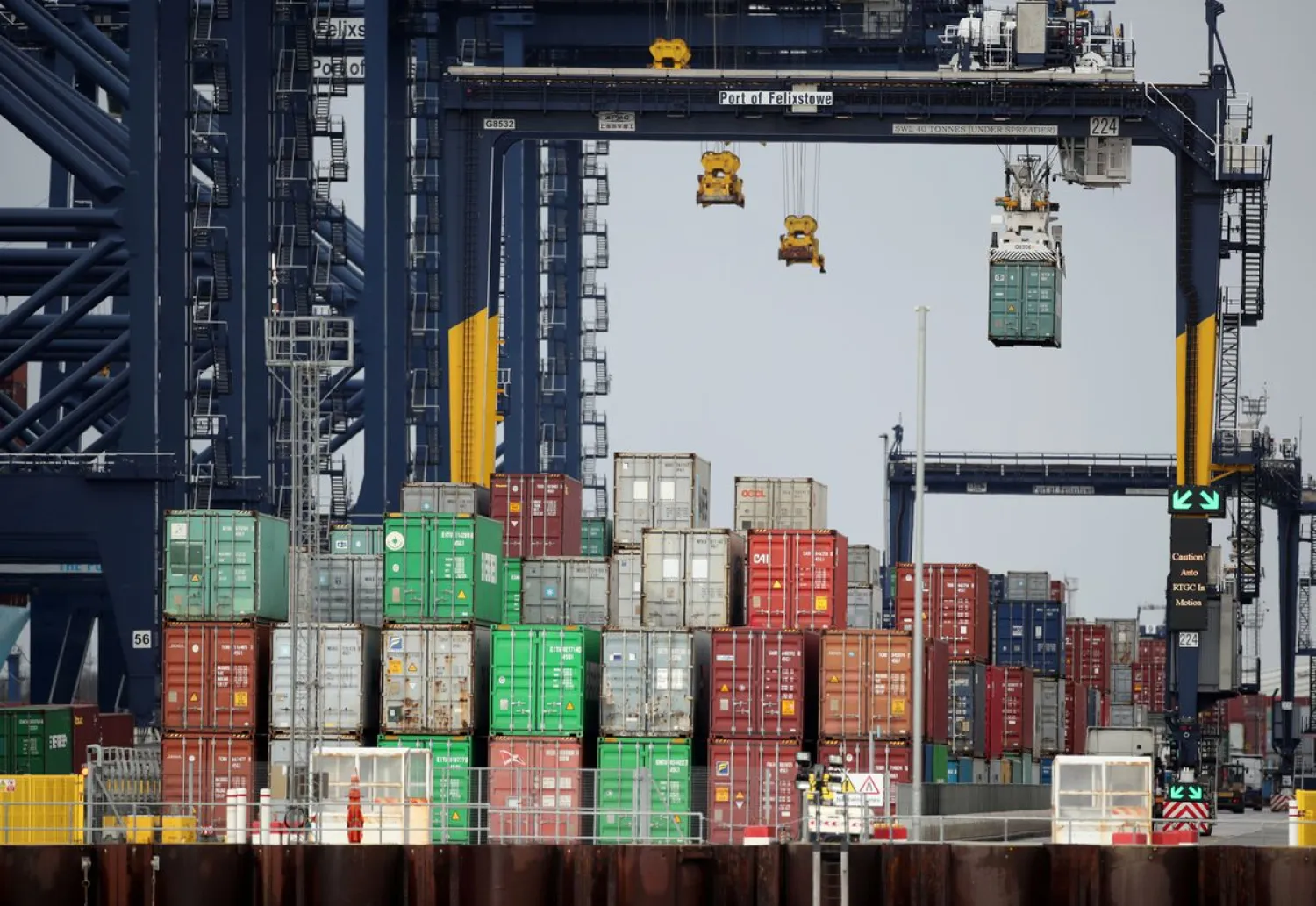The UK kicked off the process to sign a trade deal with Saudi Arabia and a group of other Gulf states, its latest post-Brexit target as it seeks deeper economic ties beyond the European Union.
Negotiations for a pact between Britain and the Gulf Cooperation Council, whose members also include Saudi Arabia, UAE, Qatar, Bahrain, Oman, and Kuwait aim to start in 2022 following a 14-week consultation with the public and businesses, Bloomberg quoted UK’s Department for International Trade as saying in a statement.
British trade with the GCC was worth about $61 billion in 2019, seven percent of the size of Britain’s commerce with the EU in the same year.
The move comes at a time when Saudi Arabia’s sovereign wealth fund is taking over Newcastle United FC from Mike Ashley after it received approval from the UK’s Premier League following a year and a half wait.
Britain is also closing in on post-Brexit free-trade pacts with Australia and New Zealand, and as it seeks accession to the CPTPP trans-Pacific trading bloc.
But negotiations with the US on a trade agreement have hit a standstill as President Joe Biden’s administration focuses on domestic priorities.
The Saudi-British ties witnessed intensive discussions in the past months. Talks covered the economic and commercial sectors in efforts to reinforce bilateral investment and motivate the private sector to invest and benefit from the giant opportunities and the existing quality.
The discussions started in July when the Chairman of the Board of Directors of Saudi Space Authority, Engineer Abdullah bin Amer Al-Swaha, met with Britain's Investment Minister Lord Gerry Grimstone.









